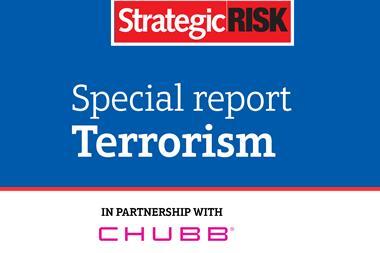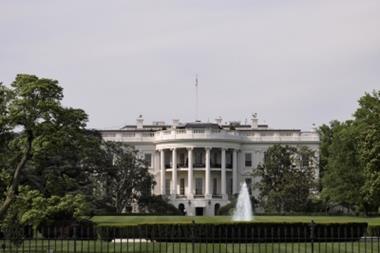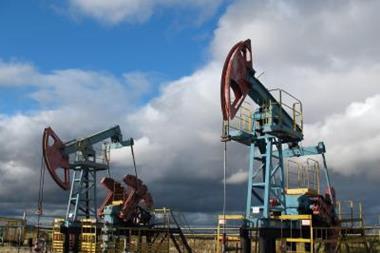Civil unrest in Africa and Latin America, and intensified conflict in the Mena region could increase supply chain risk, Verisk Maplecroft says
Low commodity prices are the primary drivers of political risk in major producing countries across Africa and Latin America, while the increasing international threat posed by ISIS and rising tensions between Iran and Saudi Arabia are among the main geopolitical risks, according to Verisk Maplecroft.
Job losses in the extractives sector of Africa’s resource-rich countries are expected to provoke industrial action, while the impacts of depressed oil, gas and metals prices on domestic government spending and rising living costs across the region are likely to stoke social turmoil, Verisk Maplecroft said in its Political Risk Outlook 2016 report.
The threat of disruption for companies operating in these markets is highlighted by Verisk Maplecroft’s civil unrest index 2016, which puts 31 out of 49 sub-Saharan countries within the high or extreme risk category. The risk of civil unrest may be exacerbated by a strong El Niño event extending into early 2016, which may increase the cost of food staples due to lower rainfall affecting agricultural outputs.
In Latin America, high levels of corruption increase civil unrest risks. The region’s economic problems are compounded by social concerns over graft in 2016, increasing the risks of political and civil instability, as the newly formed lower middle class see their socioeconomic gains threatened or reversed, the report said.
Terrorism risk
In the Middle East, ISIS is expected to remain resilient in Syria and Iraq and Verisk Maplecroft doesn’t expect the global risk from terrorism to diminish in 2016.
“As the international coalition doubles its efforts to eradicate Islamic State, the group is expected to add momentum to its terrorist campaign well beyond its heartland in Syria and Iraq. Armed groups which have pledged allegiance to the Islamic State in such countries as Egypt, Libya and Nigeria will figure prominently in 2016, exacerbating existent security concerns in these countries. As made abundantly clear during the November 2015 Paris attacks, Western intelligence agencies will continue to struggle to manage the risk posed by returning western members of the Islamic State and lone wolf attackers at home,” the report said.
Additionally, intensified conflict between Iran and Saudi Arabia through proxy forces could increase the risk of disruptions to business operations and supply chains in the Mena region.
Closer to home, populist parties in Europe will seek to drum up further support amid the ongoing inward flow of migrants. Public disillusionment with the EU, the uneven pace of economic growth in the eurozone in combination with concerns over record levels of migration into the European club, will sustain pressure on the political mainstream. This could make government policy and legislation less predictable and less conducive to business.




















No comments yet